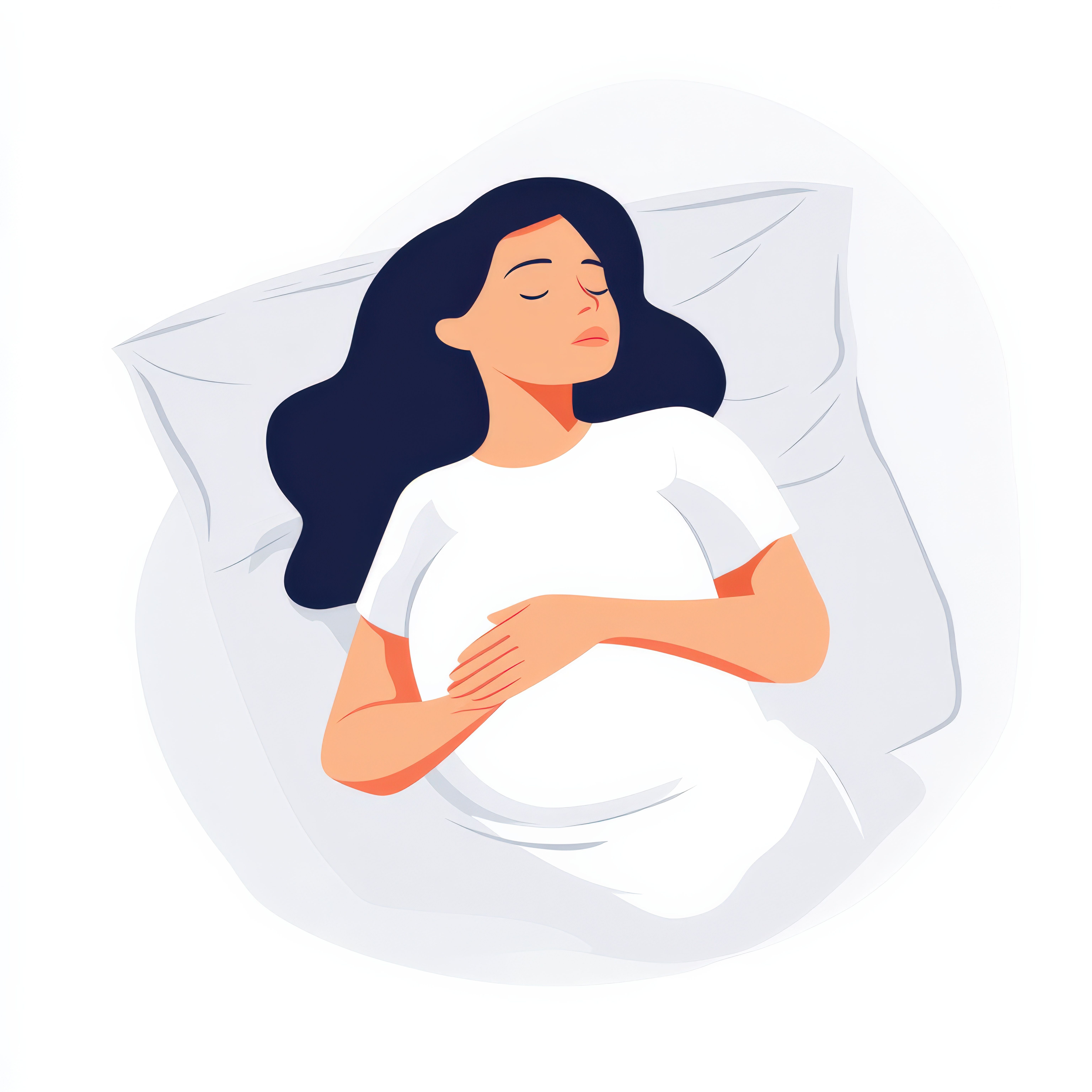
- Center on Health Equity & Access
- Clinical
- Health Care Cost
- Health Care Delivery
- Insurance
- Policy
- Technology
- Value-Based Care
Pregnancy-Related Insomnia: Music and Sleep Hygiene Interventions Offer Effective Relief
Both music combined with sleep hygiene and sleep hygiene alone significantly improved pregnancy related insomnia, a new study finds.
A recent study published in the Journal of Midwifery & Women's Health evaluated the effectiveness of music listening and sleep hygiene advice for addressing pregnancy-related insomnia. The randomized controlled trial, conducted online, found that both interventions significantly improved sleep quality and insomnia severity.1
The study included 98 women who were at least 25 weeks pregnant and reported poor sleep quality. Participants were randomly assigned to either the Music and Sleep Hygiene (MSH) group (n = 50) or the Sleep Hygiene (SH) group (n = 48). Participants in the MSH group received standard sleep hygiene advice and were instructed to listen to 30 minutes of music at bedtime for 4 weeks. The SH group received only sleep hygiene advice, including tips such as maintaining a consistent sleep-wake schedule, limiting caffeine and nicotine intake, and promoting light exposure during the day. The primary outcomes measured were sleep quality using the Pittsburgh Sleep Quality Index (PSQI) and insomnia severity using the Insomnia Severity Index (ISI).
Pregnant women may experience insomnia | image credti: Ninoshik - stock.adobe.com

Of the 98 participants, post-intervention measurements were completed by 62% in the MSH group and 80% in the SH group. Both groups reported a significant improvement in sleep quality and a reduction in insomnia symptoms. The mean PSQI change was -2.10 (95% CI, -3.27 to -0.93; P < .001), and the mean ISI change was -3.42 (95% CI, -5.02 to -1.83; P < .001). Interestingly, a significant difference was noted in adherence rates to the sleep hygiene intervention between the 2 groups, with the MSH group reporting lower adherence (42% vs. 8%, P = .007).
In addition to improving sleep, the study also evaluated secondary outcomes related to mental health, including depression measured using the Edinburgh Postnatal Depression Scale (EPDS), anxiety using the State-Trait Anxiety Inventory (STAI), and stress using the Perceived Stress Scale (PSS). The mean EPDS score decreased by -2.21 (95% CI, -7.04 to -1.14; P < .007), showing an improvement in depression. The mean reduction in state anxiety was -4.09 (95% CI, -7.04 to -1.14; P < .007); however, the intervention did not have a significant effect on trait anxiety. The study also found significant reductions in stress levels, with the PSS scores showing a mean change of -3.88 (95% CI, -5.64 to -2.12; P < .001). The EPDS, STAI, and PSS results were significant across the study population.
Approximately 50% to 60% of pregnant women suffer from insomnia, which has been linked to adverse outcomes for both mother and child,2 including "longer labor times, an increased inflammatory response, glucose intolerance, elevated perception of pain during labor, and premature birth."
The interventions tested in this study offer an alternative to pharmaceutical treatments, which are often avoided during pregnancy.1 "Behavioral interventions like sleep hygiene instructions and music listening are low-cost and safe. They can be implemented in midwife practice or used as a self-help strategy during pregnancy," the researchers noted, suggesting that music interventions could be easily integrated into clinical practice.
However, the trial has several limitations that warrant consideration. The sample size was relatively small, with only 98 participants, and there was significant attrition, particularly in the MSH group, where only 62% completed postintervention measurements compared to 80% in the SH alone group. The study's online format, while allowing for wider accessibility, may have affected participant engagement and adherence to interventions. The significant discrepancy in adherence to sleep hygiene between the 2 groups makes it challenging to isolate the specific effects of music vs sleep hygiene.
Reference:
- Hoegholt NF, Krænge CE, Vuust P, Kringelbach M, Jespersen KV. Music and sleep hygiene interventions for pregnancy-related insomnia: an online randomized controlled trial. J Midwifery Womens Health. Published online October 17, 2024.doi:10.1111/jmwh.13699
- Chang JJ, Pien GW, Duntley SP, Macones GA. Sleep deprivation during pregnancy and maternal and fetal outcomes: is there a relationship? Sleep Med Rev. 2010;14(2):107-114. doi:10.1016/j.smrv.2009.05.001
2 Commerce Drive
Cranbury, NJ 08512
AJMC®
All rights reserved.